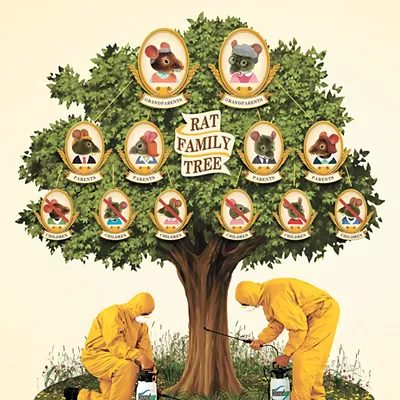When Stacy Keogh George came to Whitworth University in 2013, she noticed something familiar. As spring neared, George's students approached her and expressed a common fear: They were ready to graduate, but they still had no engagement ring on their finger.
George remembers feeling the same pressure when she was a student at a Christian college, George Fox University in Newberg, Oregon. The idea was that women, by the time they graduated, should find a man to marry — that they should get a "ring by spring." At Whitworth, some students thought their success in college was tied to their marital status.
"They were clearly intelligent students pursuing a degree," George says. "Yet they feel like they have to be married in order to be successful college students."
So George, an assistant professor of sociology, wanted to find out where the "ring by spring" culture was coming from and how it impacts students. Since 2014, she has studied the topic, conducting surveys and analyzing the results. What she's found may provide some direction for Christian universities and students on how to navigate dating culture in a generation that seems to be getting married later and later in life.
One thing her research has shown, she says, is that the "ring by spring" culture can negatively impact the dating culture for both men and women, particularly women.
"I have yet to find a comment in any of my surveys that has said that 'ring by spring' promotes positive relationships on campus," she says.
The "ring by spring" culture is not always taken seriously, George says. In her surveys, George found that students thought the pressure to get engaged before they graduate was "ridiculous," or a joke.
But even if it is a joke, it can still have an impact. Emily Moline, who graduated from Whitworth in 2016, remembers hearing about getting a "ring by spring" during her freshman orientation.
George's research does suggest that women feel more pressure than men. In George's first survey of students in 2014, nearly two-thirds of women reported some pressure to be married, or were already married. Only 22 percent of men felt any pressure at all. n















